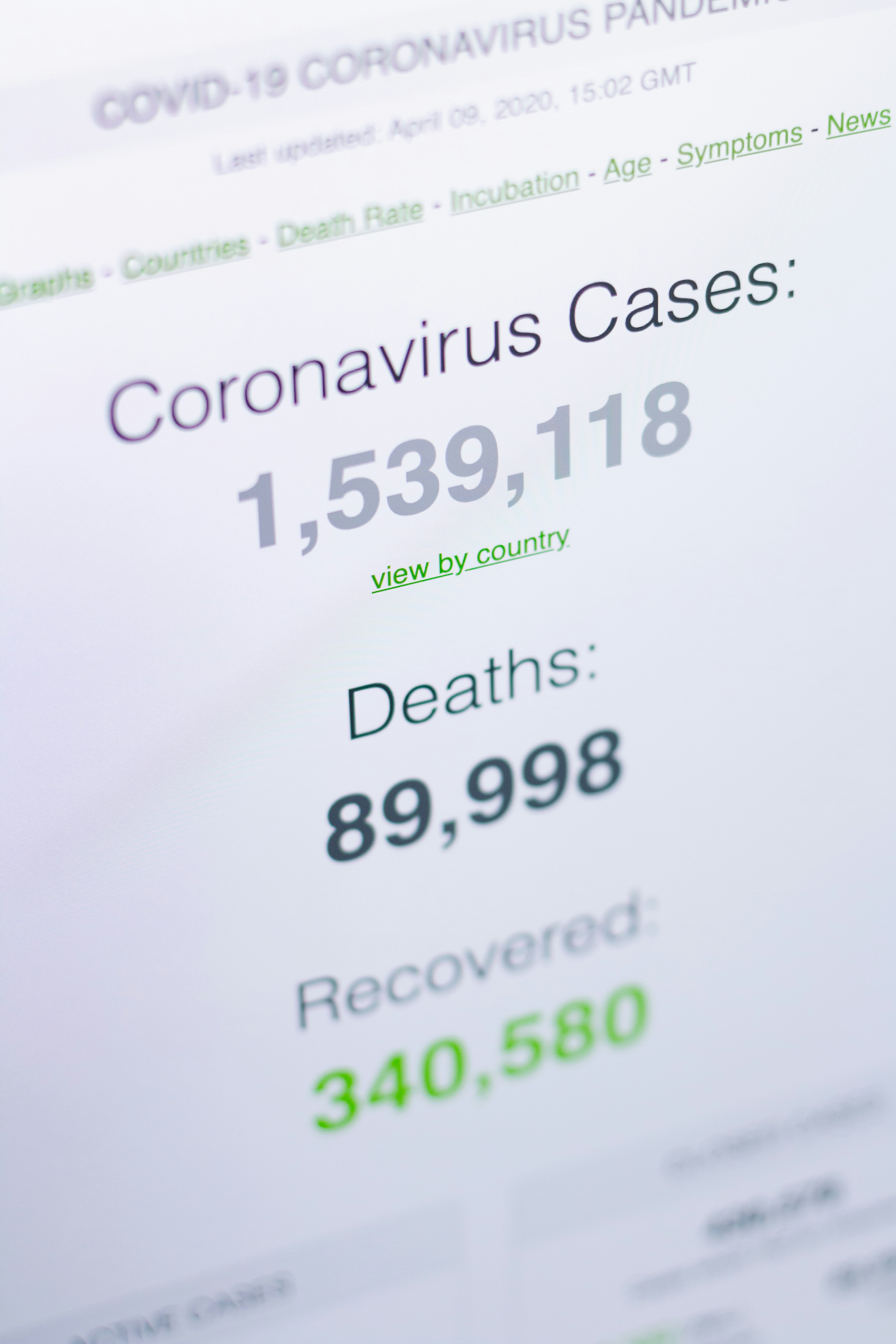Advancements in Cancer Diagnostics
Cancer diagnostics has undergone significant transformation in recent years, primarily driven by innovations in technology and methodologies that offer enhanced accuracy and personalization in testing. One of the most notable advancements is the emergence of liquid biopsies. This non-invasive technique allows for the analysis of circulating tumor DNA (ctDNA) found in bodily fluids, primarily blood. Liquid biopsies facilitate the early detection of cancers, enabling oncologists to identify malignancies at stages when they are most treatable. Furthermore, this method has the added advantage of monitoring treatment response and detecting recurrence, reflecting the dynamic nature of cancer evolution in real-time.
Another essential innovation is the advancement of imaging techniques. State-of-the-art modalities such as Positron Emission Tomography (PET) and Magnetic Resonance Imaging (MRI) have significantly improved the sensitivity and specificity of tumor detection. These advanced imaging technologies allow healthcare professionals to visualize and characterize tumors with unparalleled precision, which is crucial for accurate staging and treatment planning. The integration of functional imaging also provides insights into metabolic activity, offering a more comprehensive understanding of tumor behavior.
Moreover, the incorporation of artificial intelligence (AI) in pathology is reshaping cancer diagnostics. AI algorithms are being deployed to analyze histopathological images, leading to quicker and more reliable interpretations that can augment pathologists’ expertise. This technology enhances the detection of subtle histological features, which may be overlooked in traditional diagnostics. Ultimately, these advancements in cancer diagnostics not only improve early detection rates but also foster a more tailored approach to patient care, allowing oncologists to design personalized treatment regimens tailored to the unique characteristics of each tumor.
Targeted Therapy and Precision Medicine
Targeted therapy and precision medicine represent a transformative approach in cancer treatment that aims to provide tailored therapies based on the unique genetic makeup of an individual’s tumor. Unlike traditional chemotherapy, which affects both cancerous and healthy cells indiscriminately, targeted therapies focus on specific molecular targets associated with cancer, thus minimizing damage to normal tissues. The evolution of these therapies has been significantly influenced by advancements in our understanding of tumor biology and genetic mutations that drive cancer progression.
The identification of specific gene mutations, such as KRAS, EGFR, or BRAF, has enabled the development of targeted drugs that inhibit the pathways these mutations exploit for cancer growth. By leveraging genomic sequencing technologies, oncologists can now comprehensively profile tumors and select the most appropriate targeted therapies. This precision medicine aproach has led to remarkable improvements in patient outcomes, with a notable example being the use of osimertinib in patients with EGFR-mutant non-small cell lung cancer, which has shown a substantial increase in progression-free survival rates.
Recent case studies have illustrated the effectiveness of targeted therapies, highlighting their role in transforming treatment paradigms across various cancer types. For instance, patients with advanced melanoma have benefitted from BRAF inhibitors, resulting in significant tumor reduction and improved survival rates. Additionally, ongoing clinical trials continue to explore new targets and combinations of therapies, leading to innovative solutions for challenging cancer types. Research in combination therapy, where targeted drugs are used alongside immunotherapy or chemotherapy, aims to enhance treatment efficacy further and overcome resistance mechanisms that might develop.
As the field progresses, the integration of artdficial intelligence and machine learning into the discovery of targeted therapies promises to unravel complex cancer biology. Such advancements could expedite the development of drugs that are not only effective but also strategically designed to match individual patient profiles, reinforcing the vision of a future where cancer treatment is highly personalized.
Immunotherapy and Its Impact on Cancer Treatment
Immunotherapy has emerged as a transformative approach in the landscape of cancer treatment, leveraging the body’s immune system to combat malignancies. This innovative strategy is redefining treatment protocols and providing hope to patients with previously difficult-to-treat cancers. Among the various forms of immunotherapy, checkpoint inhibitors have gained significant prominence. These agents work by blocking the proteins that inhibit immune responses, thereby enhancing the ability of T-cells to recognize and destroy cancer cells. Such therapies have shown remarkable efficacy, particularly in melanoma and lung cancer.
Another noteworthy advancement is CAR T-cell therapy, which involves modifying a patient’s T-cells to better target and destroy cancer cells. This personalized treatment has been particularly successful in hematological malignancies like acute lymphoblastic leukemia, leading to long-lasting remission for many patients. Additionally, cancer vaccines represent a promising category of immunotherapy aimed at training the immune system to target specific antigens associated with cancer cells. These vaccines have the potential to either prevent cancer or enhance responses to existing tumors.
Despite its growing importance, the field of immunotherapy is not without challenges. Many patients experience resistance to these treatments, which can hinder therapeutic effectiveness. Moreover, immune-related adverse events can occur, resulting in inflammation and damage to healthy organs. These side effects necessitate careful management and can complicate treatment regimens.
Nevertheless, recent success stories underscore the transformative potential of immunotherapy. Case studies reveal patients achieving substantial remision and improved quality of life, solidifying immunotherapy’s role as a cornerstone in modern oncology. As researchers continue to refine these strategies and address the associated challenges, the future of cancer treatment appears increasingly optimistic, paving the way for more effective and personalized therapeutic options.
Integration of Technology in Treatment Protocols
The integration of technology into cancer treatment protocols has transformed the landscape of oncology, offering innovative solutions that enhance patient care and engagement. Telemedicine, for instance, has emerged as a vital tool enabling healthcare providers to conduct remote consultations. This approach not only increases patient access to specialists but also significantly reduces the need for hospital visits, especially for patients facing mobility issues or those living in remote areas. Telemedicine facilitates timely interventions and fosters ongoing communication between patients and their healthcare teams, promoting a continuum of care that is crucial for effective cancer management.
In addition to telemedicine, mobile health applications have become indispensable in the realm of cancer treatment. These applications serve multiple purposes, includingappointment reminders, medication tracking, and symptom management. By empowering patients to actively participate in their treatment journey, these tools enhance treatment adherence and adherence to prescribed protocols. Furthermore, many mobile apps offer educational resources and support networks that help patients better understand their condition, thereby reducing anxiety and improving their overall mental well-being during treatment.
Wearable devices also play a significant role in modern cancer care. These devices can monitor vital signs, physical activity, and overall health status in real-time, providing healthcare providers with crucial data that can inform treatment decisions. For instance, continuous monitoring of parameters such as heart rate and oxygen saturation can alert clinicians to potential complicstions early, allowing for swift intervention. This real-time data enables a proactive approach to patient management, potentially leading to improved treatment outcomes. Overall, the integration of technology into cancer treatment protocols not only enhances patient engagement but also optimizes care delivery for stronger, more efficient health outcomes.



